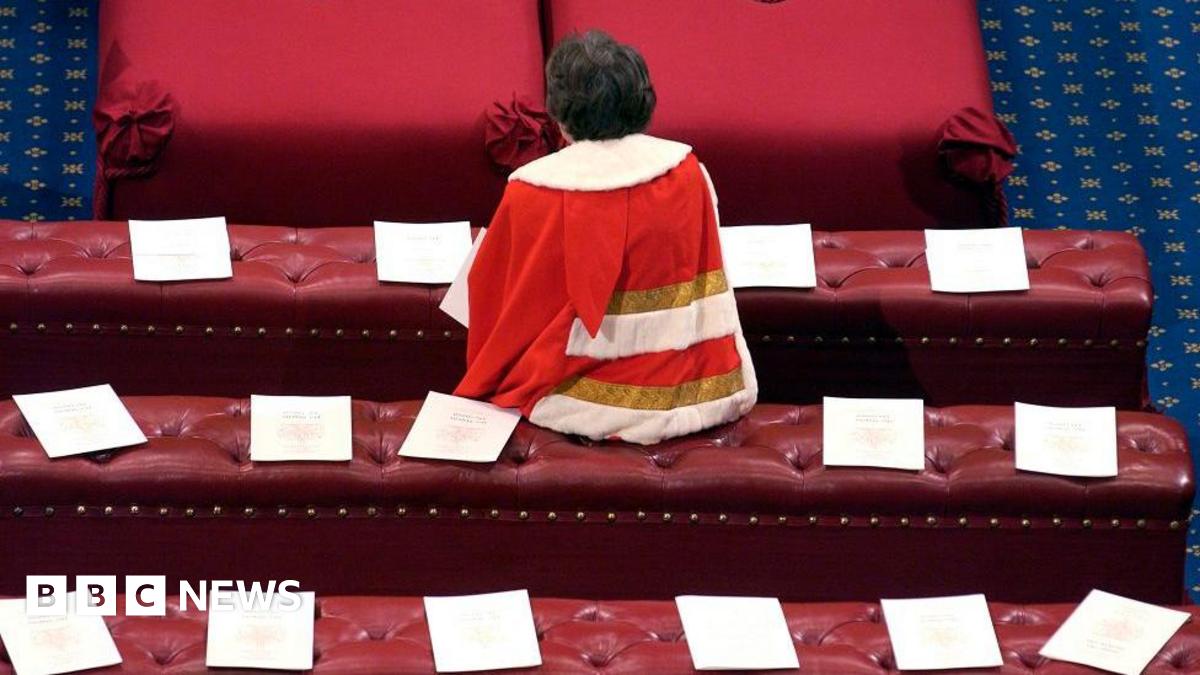The Gender Health Gap: Why Men Neglect Preventative Healthcare

Welcome to your ultimate source for breaking news, trending updates, and in-depth stories from around the world. Whether it's politics, technology, entertainment, sports, or lifestyle, we bring you real-time updates that keep you informed and ahead of the curve.
Our team works tirelessly to ensure you never miss a moment. From the latest developments in global events to the most talked-about topics on social media, our news platform is designed to deliver accurate and timely information, all in one place.
Stay in the know and join thousands of readers who trust us for reliable, up-to-date content. Explore our expertly curated articles and dive deeper into the stories that matter to you. Visit Best Website now and be part of the conversation. Don't miss out on the headlines that shape our world!
Table of Contents
The Gender Health Gap: Unmasking Why Men Neglect Preventative Healthcare
The gender health gap is a stark reality, revealing a significant disparity in healthcare utilization between men and women. While women are often lauded for their proactive approach to health, men lag considerably behind, frequently neglecting preventative healthcare measures. This alarming trend contributes to higher rates of preventable diseases and lower life expectancy among men. But why is this happening? Let's delve into the complex factors contributing to men's reluctance to prioritize their health.
Societal Expectations and the "Strong Man" Stereotype:
One of the primary reasons behind this disparity is deeply rooted in societal expectations. The traditional "strong man" stereotype often portrays men as invulnerable and stoic, discouraging them from expressing vulnerability, including seeking medical attention. This ingrained cultural narrative fosters a belief that admitting weakness or needing healthcare is unmanly, leading to delayed or avoided check-ups. This toxic masculinity contributes significantly to the gender health gap.
Barriers to Access and Affordability:
Beyond societal pressures, practical barriers also play a significant role. Access to affordable healthcare, particularly for men without employer-sponsored insurance, can be a significant hurdle. The cost of routine check-ups, screenings, and preventative treatments can be prohibitive, pushing many men to delay or forgo necessary care. This financial burden disproportionately affects low-income men, exacerbating existing health inequalities.
Lack of Awareness and Education:
A surprising contributing factor is a lack of awareness regarding the importance of preventative healthcare. Many men are simply unaware of the recommended screenings and preventative measures appropriate for their age and risk factors. This knowledge gap necessitates increased public health campaigns targeting men specifically, emphasizing the benefits of early detection and intervention.
The Role of Healthcare Providers:
Healthcare providers also have a role to play. Some argue that the medical system itself is not always adequately equipped to address the unique needs and concerns of men. A more empathetic and inclusive approach from healthcare professionals, tailored to address the specific anxieties and cultural barriers faced by men, is crucial in bridging this gap.
What Can Be Done? A Multi-pronged Approach:
Addressing the gender health gap requires a multifaceted approach:
- Public Health Campaigns: Targeted campaigns emphasizing the importance of preventative healthcare for men, debunking harmful stereotypes, and promoting open conversations about health.
- Affordable Healthcare Access: Ensuring affordable and accessible healthcare options for all men, regardless of socioeconomic status.
- Healthcare Provider Training: Equipping healthcare providers with the skills and understanding to effectively communicate with and address the unique needs of male patients.
- Promoting Healthy Masculinity: Encouraging a more nuanced and healthier understanding of masculinity that values vulnerability and prioritizes well-being.
The Bottom Line:
The gender health gap is a serious public health concern with far-reaching consequences. By acknowledging the complex interplay of societal expectations, access barriers, and lack of awareness, we can collectively work towards fostering a culture that prioritizes the health and well-being of men. Taking proactive steps to improve men's access to and engagement with preventative healthcare is not just about improving individual health outcomes; it's about building a healthier and more equitable society for all. Let's break the stigma and encourage men to prioritize their health – it's a matter of life and death.

Thank you for visiting our website, your trusted source for the latest updates and in-depth coverage on The Gender Health Gap: Why Men Neglect Preventative Healthcare. We're committed to keeping you informed with timely and accurate information to meet your curiosity and needs.
If you have any questions, suggestions, or feedback, we'd love to hear from you. Your insights are valuable to us and help us improve to serve you better. Feel free to reach out through our contact page.
Don't forget to bookmark our website and check back regularly for the latest headlines and trending topics. See you next time, and thank you for being part of our growing community!
Featured Posts
-
 London Trans Protest Leads To Westminster Statues Damaged
Apr 22, 2025
London Trans Protest Leads To Westminster Statues Damaged
Apr 22, 2025 -
 Murder Charges Filed After Body Of Paria Veisi Discovered In Cardiff
Apr 22, 2025
Murder Charges Filed After Body Of Paria Veisi Discovered In Cardiff
Apr 22, 2025 -
 80 Dog Attacks Daily Highlight Ukraine Crisis As Putins Truce Ends
Apr 22, 2025
80 Dog Attacks Daily Highlight Ukraine Crisis As Putins Truce Ends
Apr 22, 2025 -
 Hereditary Peers And The Threat Of Extinction A Legacy At Risk
Apr 22, 2025
Hereditary Peers And The Threat Of Extinction A Legacy At Risk
Apr 22, 2025 -
 Record High Dog Attacks Experts Warn Of Rising Danger In Communities
Apr 22, 2025
Record High Dog Attacks Experts Warn Of Rising Danger In Communities
Apr 22, 2025
